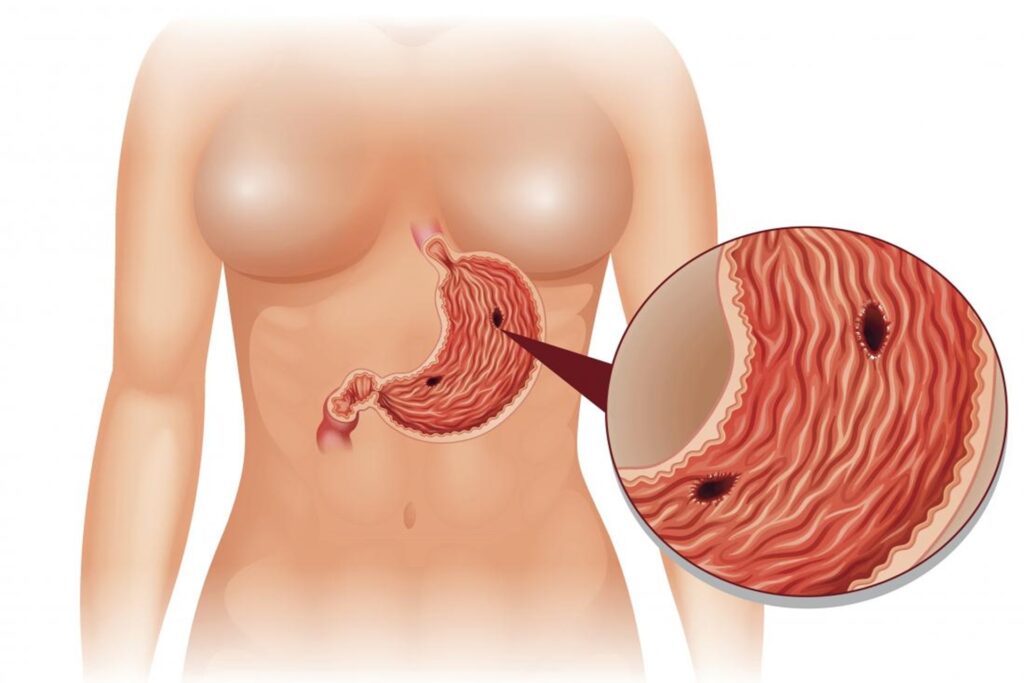
Overview:
Abdominal perforation is a serious medical condition where a hole or rupture forms in the wall of the stomach, intestines, or other abdominal organs. This can lead to the leakage of digestive contents into the abdominal cavity, causing infection and inflammation.
Causes:
Common causes include peptic ulcers, appendicitis, diverticulitis, trauma, infections, bowel obstruction, and certain medical conditions like Crohn’s disease. Ingestion of foreign objects or corrosive substances can also lead to perforation.
Symptoms:
Symptoms include sudden and severe abdominal pain, nausea, vomiting, fever, bloating, rapid heart rate, and signs of peritonitis (inflammation of the abdominal lining). If untreated, it can lead to sepsis and organ failure.
Treatment:
Abdominal perforation is a medical emergency requiring immediate surgical intervention. Treatment includes emergency surgery to repair the perforation, antibiotics to prevent infection, and supportive care like IV fluids and pain management. In some cases, a temporary colostomy may be needed.
Precautions:
Early diagnosis and treatment of conditions like ulcers and infections can prevent perforation. Avoiding excessive alcohol, smoking, and NSAIDs can reduce the risk. Seek immediate medical attention if experiencing severe abdominal pain.
Prevention:
Maintaining a healthy diet, managing gastrointestinal conditions properly, and regular medical check-ups can help prevent abdominal perforation.
For expert care and emergency surgical treatment, visit The KDM Hospital in Lucknow, offering ambulance services, budget-friendly care, Ayushman card acceptance, and 24/7 doctor availability.
